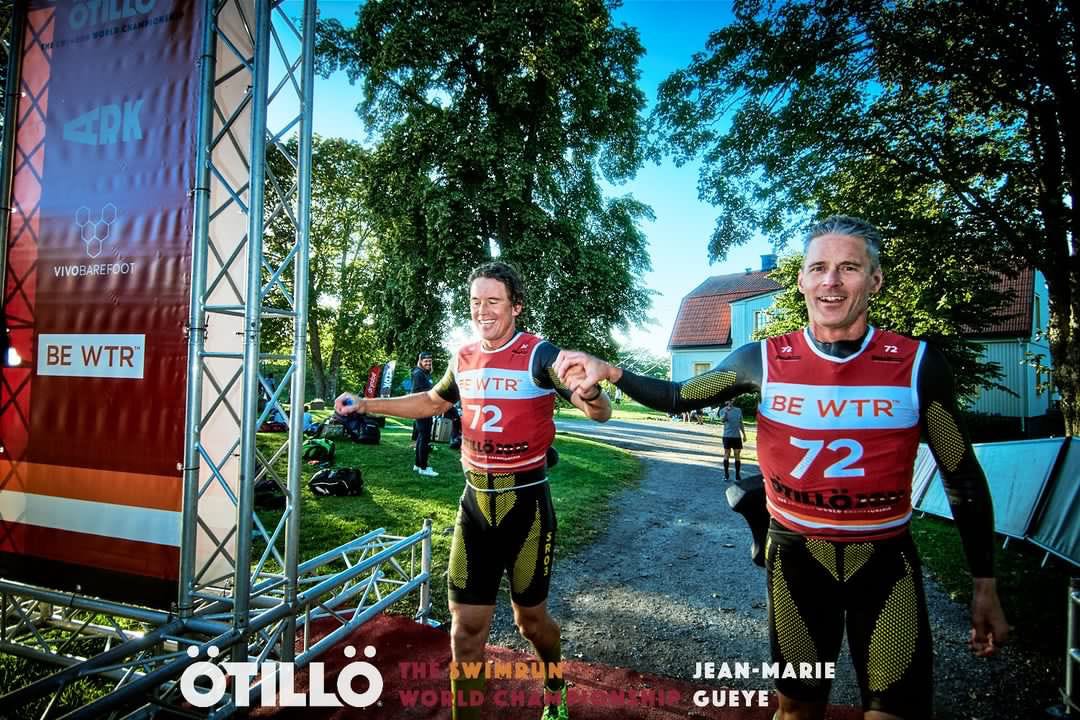Building Your Network
Connecting To Your People

The subtitle of this article is something my coach, Scott Molina, used to say at every camp we did together. After a couple days, Scott would remind himself just how nice it was to be with “his people.”
This month, I roll through the halfway mark of my 1000-day experiment with a more active public life.
500 days in…
I know I’m still at the beginning.
I feel like I’ve won.
I’ve won, because I defined my game with intent.
There are three components to my strategy:
Understand My Subculture
What It Takes
Remembering Why I Started
Know Your Subculture
A quick story about my “people.”
Last week, I was swapping texts with my coach in Sweden.
He had his wife, a medical doctor, on an indoor trainer. They were testing her fitness profile, with a new piece of equipment.
Earlier that evening, he’d been self-testing with the equipment, a portable lactate analyzer.
Chatting about physiological testing with a friend on the other side of the world.
Pretty mind-blowing if you think about it.
What's this have to do with connecting to people?
Well, I live a niched-down life.
Boulder, Colorado
Endurance Athletes
High-Performance
Scientific Bias
I live in a niche, of a niche, of a niche.1
Coach Johan and I think it's completely normal to get a family member on an indoor trainer so we can figure out testing protocols. At the same time, we're self-aware (just enough 😉) to understand that this doesn’t interest our neighbors. So we text each other.
We get excited by blood lactate / sports analysis.
You probably have a different area that interests you.
Know your niche.
The most valuable part of being online is connection to a core group of like-minded people.
Each of us is free to choose whatever interests us, then connect with others who share our passion.
And how might we find these people?
What It Takes - Core Group Concept
Another observation from Scott Molina…
You sure spend a lot of time online. However, I can see the value for you. It helps you get your story straight.
What you're shooting for is way less than than you expect:2
12-20 people, who you like.
5 or 6 expert practitioners, who will answer questions.
A few polite novices, or heretics, to generate ideas.
20-30 relationships who add good humor and value to your life.
The strength of the Core Group is transformative.
✅To my thinking.
✅To my offline life.
Way back, from that group, came two midpack ladies who wanted help with their triathlon training.
From those first days of coaching grew books, thousands of articles, websites, camps and hundreds of relationships.
Then, from that body of work, came publishers/podcasters/world class experts... the whole thing leveraged up.
25 years and counting.
The optionality of being able to reach the world is something we underestimate.
Remember Why We Started
It helps to remember our core motivation for being online.
Connection
Continuous Learning
Seeking Better Explanations
When I stray from my core motivation... it becomes less fun.
20-30 relationships…
To entertain, teach, and question me…
So my thinking is improved…
And I know I’m making a positive contribution to “my people.”
Notice how my definition of success can be controlled by my own actions and is independent of reach.
Take this section and make it your own.
While doing that, consider...
The time and emotion you commit.
Boundaries with whom you interact.
What, and where, you don’t want to engage.
Thereby avoiding the hamster wheel of external validation.3
The sites are structured to give us more and more of everything we interact with. Choose wisely.
The sites also reflect our tone back to us. This can be a tough one to swallow.
When my feed seems chaotic, it’s a reflection of my inner state and how I’ve been interacting with others.4
Don’t Engage Drama.
In the book, The Beginning of Infinity, there is an excellent section on Subculture. It’s in the chapter called The Evolution of Culture. By choosing our subculture with intent, we can completely change our behaviors and preferences. Magical when we get it right. A disaster when we choose poorly. Works great as a parenting tactic, too.
We may not want to be “too successful.” There’s a lot of noise at scale. Read the comments of the largest accounts you follow. External validation looks different than most imagine.
Social Networks appear to operate on a Power Law. Each “doubling” seems to require a zero to be added in the number of follows. So, like wealth, we each need to decide what constitutes “enough.” The purpose of this article is to help both of us create a game we can win. There is rapidly diminishing returns on external validation beyond a relatively small number of connections. Like money, it is a rare individual who can handle a rapid increase in attention.
The people who like-us-for-no-reason are the same phenomenon as the people who dislike-us-for-no-reason. There’s much to be said for being world-class in an extremely narrow niche. See Tim’s Blog on Fame.


This one hit home for sure as I've been feeling like I've joined a "Subculture of 1" that can be pretty lonely to be honest. That's partially due to location, and partially due to interests, but I'm picking up a perspective change here however, where I've got more agency on choosing what that network can and should look like, and the barriers are more self-created than actual barriers to entry.